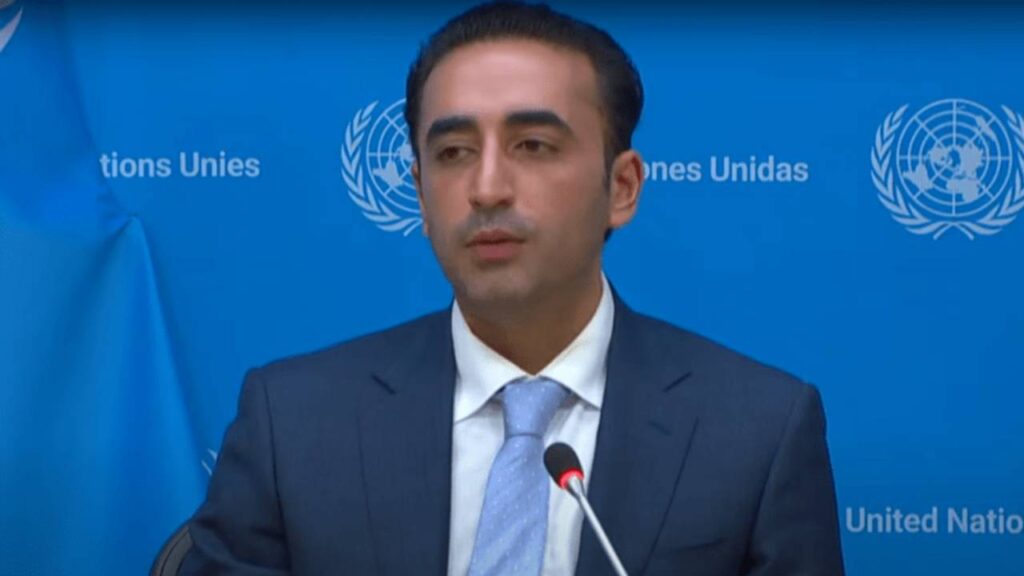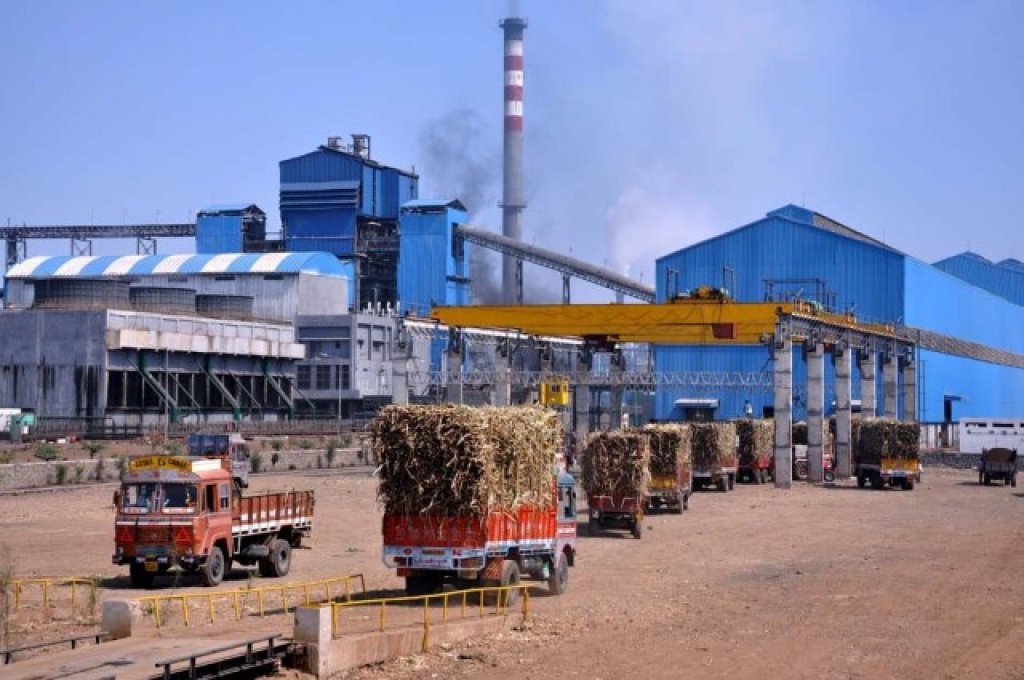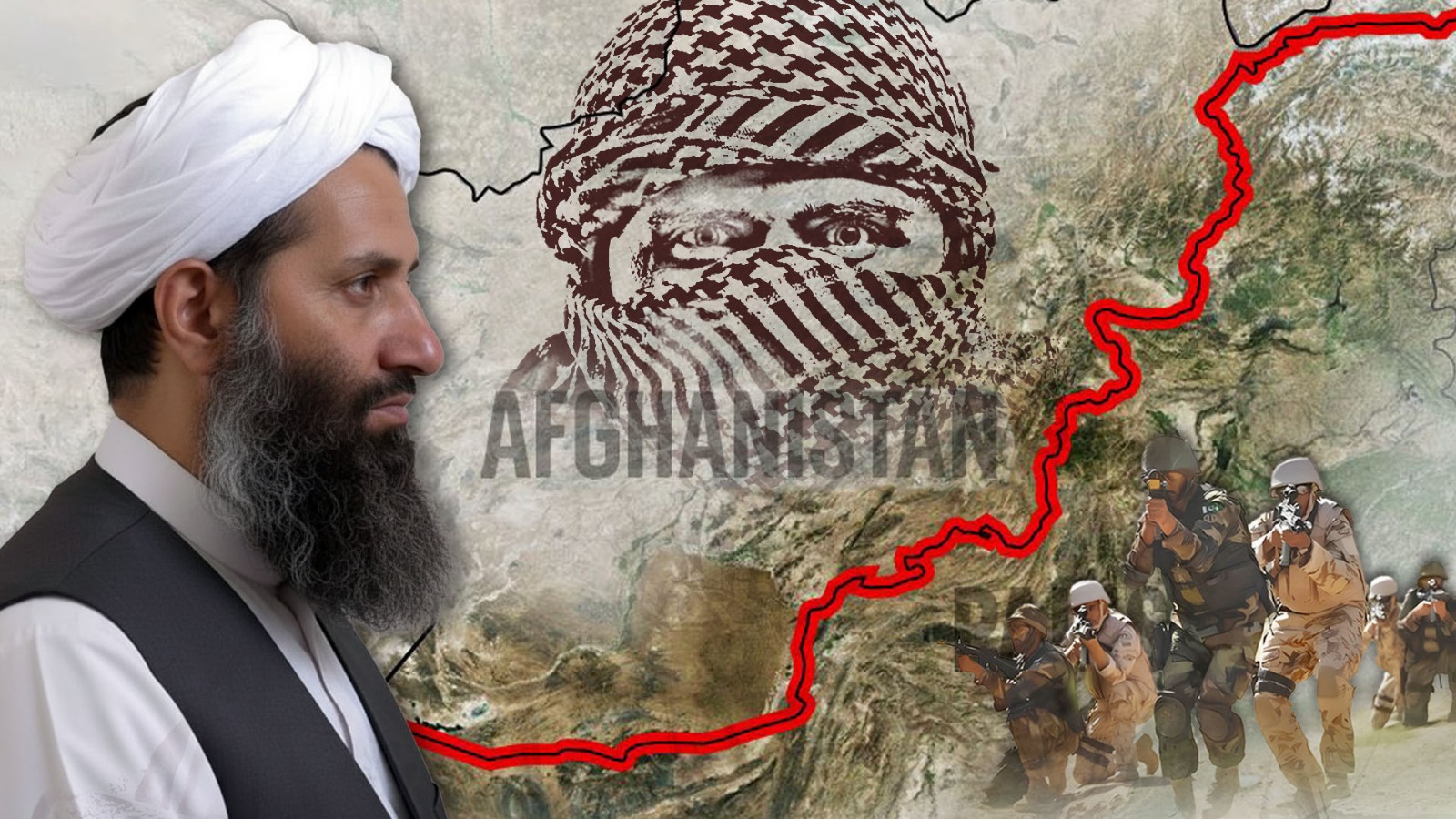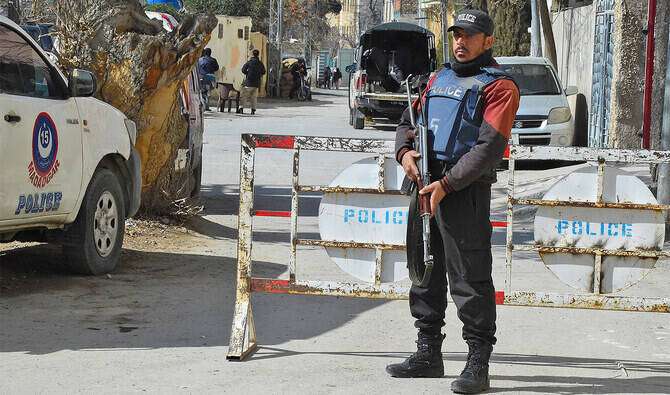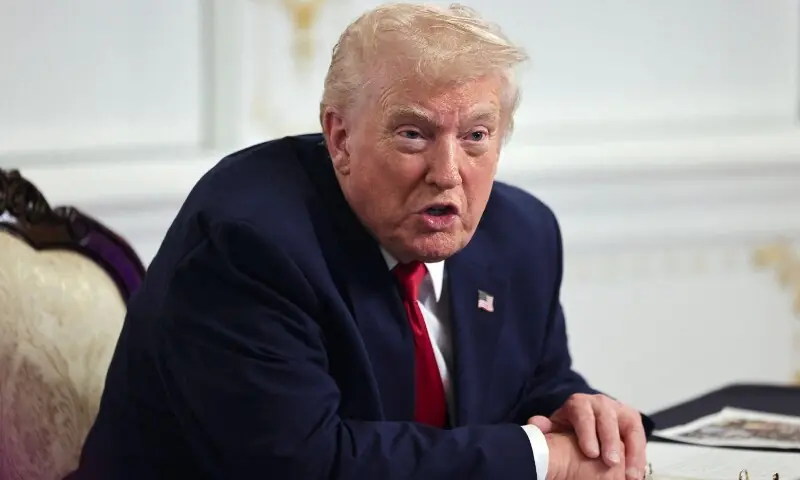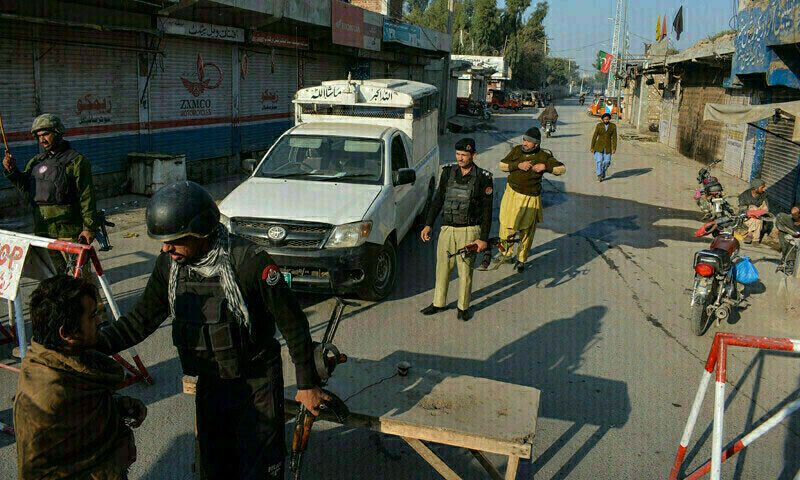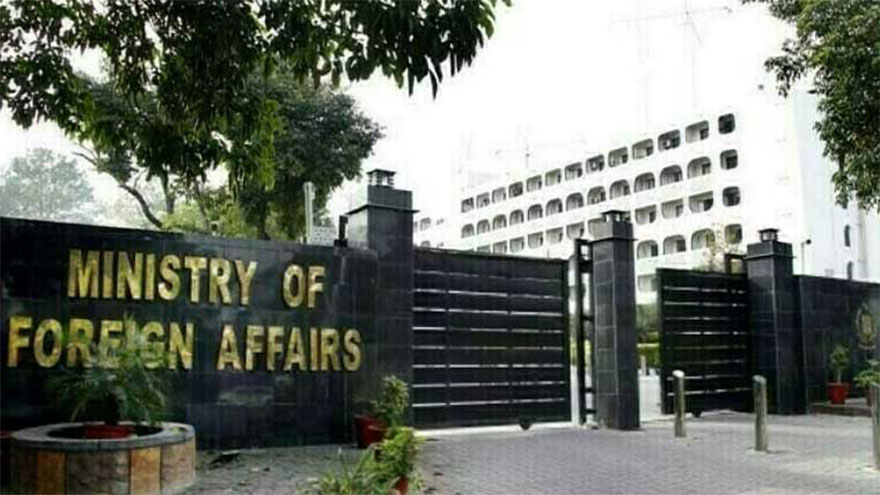Former Pakistani Foreign Minister Bilawal Bhutto-Zardari has asserted that increased cooperation between Pakistan’s Inter-Services Intelligence (ISI) and India’s Research and Analysis Wing (RAW) is crucial to significantly reducing terrorism in South Asia.
Speaking at a press conference at UN Headquarters on Tuesday, Bilawal, who is currently leading a Pakistani delegation in the US, emphasized that “if ISI and RAW were ready to sit down and work together to fight these forces, we would see a significant decrease in terrorism in both India and Pakistan.”
Bilawal’s statement comes amidst heightened tensions between Pakistan and India. He highlighted the need for continued international engagement in the region, warning that the risk of conflict between the nuclear-armed neighbours has increased following a recent ceasefire. While acknowledging the ceasefire as a positive first step, he stressed that “it’s only a first step,” and emphasized diplomacy and dialogue as the only viable path to peace.
“With the intervention of the international community — and I would like to mention particularly the role played by the US President Donald Trump and his team led by Secretary of State Marco Rubio — we did manage to achieve a ceasefire between India and Pakistan,” he added.
The PPP chairman reiterated Pakistan’s willingness to engage in broader dialogue with India, including collaboration on counterterrorism. He criticized India’s linking of any terrorist attack in the region to the threat of war with Pakistan, calling it “untenable” and highlighting the lack of dispute resolution mechanisms between the two nuclear powers.
To facilitate cooperation, Bilawal proposed a jointly agreed-upon platform for both sides to raise complaints, jointly investigate terrorist incidents, and work towards accountability. He also expressed serious concern over India’s attempts to “weaponise water,” warning that any action on this threat would be considered an act of war by Pakistan. He further criticized India’s actions, drawing parallels to Israel’s policies and using strong language to describe the Indian government’s actions in Kashmir.
The Pakistani delegation, in New York, met with UN Secretary-General António Guterres and the President of the UN Security Council, Ambassador Carolyn Rodrigues-Birkett of Guyana, to discuss these issues.

